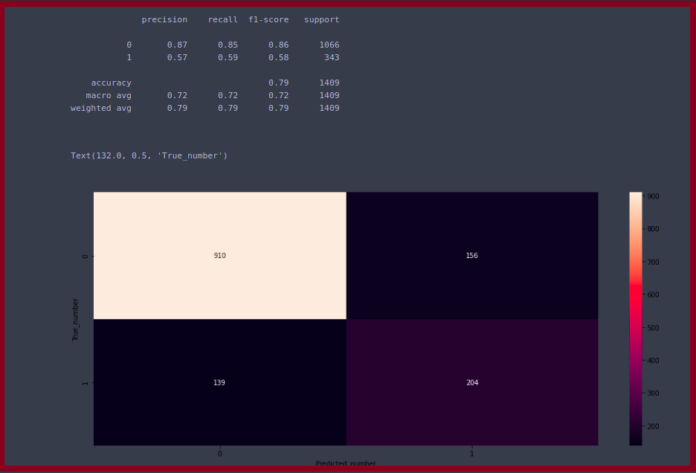Tensorflow.js is an open-source library developed by Google for running machine learning models and deep learning neural networks in the browser or node environment.
The .minimize() method executes the given function f() and tries to minimize the scalar output of f() by computing the gradients of y with respect to the given list of trainable variables denoted by varList. If no list is provided, it compute gradients with respect to all trainable variables.
Syntax:
Optimizer.minimize (f, returnCost?, varList?)
Parameters:
- f (() => tf.Scalar): It specifies the function to execute and whose output to minimize.
- returnCost (boolean): It specifies whether to return the scalar cost value produced by executing f() or not.
- varList (tf.Variable[]): It specifies the list of trainable variables.
Return value: tf.Scalar | null
Example 1:
Javascript
// Importing tensorflowimport tensorflow as tf const xs = tf.tensor1d([0, 1, 2]);const ys = tf.tensor1d([1.3, 2.5, 3.7]); const x = tf.scalar(Math.random()).variable();const y = tf.scalar(Math.random()).variable(); // Define a function f(x, y) = x + y.const f = x => x.add(y);const loss = (pred, label) => pred.sub(label).square().mean(); const learningRate = 0.05; // Create adagrad optimizerconst optimizer = tf.train.adagrad(learningRate); // Train the model.for (let i = 0; i < 5; i++) { optimizer.minimize(() => loss(f(xs), ys));} // Make predictions.console.log(`x: ${x.dataSync()}, y: ${y.dataSync()}`);const preds = f(xs).dataSync();preds.forEach((pred, i) => {console.log(`x: ${i}, pred: ${pred}`);}); |
Output
x: 0.9395854473114014, y: 1.0498266220092773 x: 0, pred: 1.0498266220092773 x: 1, pred: 2.0498266220092773 x: 2, pred: 3.0498266220092773
Example 2:
Javascript
// Importing tensorflowimport * as tf from "@tensorflow/tfjs" const xs = tf.tensor1d([0, 1, 2, 3]);const ys = tf.tensor1d([1.1, 5.9, 16.8, 33.9]); // Choosing random coefficientsconst a = tf.scalar(Math.random()).variable();const b = tf.scalar(Math.random()).variable();const c = tf.scalar(Math.random()).variable(); // Defining function f = (a*x^2 + b*x + c)const f = x => a.mul(x.square()).add(b.mul(x)).add(c);const loss = (pred, label) => pred.sub(label).square().mean(); // Setting configurations for our optimizerconst learningRate = 0.01;const decay = 0.1;const momentum = 1;const epsilon = 0.5;const centered = true; // Create the optimizerconst optimizer = tf.train.rmsprop(learningRate, decay, momentum, epsilon, centered); // Train the model.for (let i = 0; i < 8; i++) { optimizer.minimize(() => loss(f(xs), ys));} // Make predictions.console.log(`a: ${a.dataSync()}, b: ${b.dataSync()}, c: ${c.dataSync()}`);const preds = f(xs).dataSync();preds.forEach((pred, i) => { console.log(`x: ${i}, pred: ${pred}`);}); |
Output
a: 3.6799352169036865,
b: 4.26292610168457, c: 4.544136047363281
x: 0, pred: 4.544136047363281
x: 1, pred: 12.486997604370117
x: 2, pred: 27.789730072021484
x: 3, pred: 50.45233154296875
Reference: https://js.tensorflow.org/api/latest/#tf.train.Optimizer.minimize

